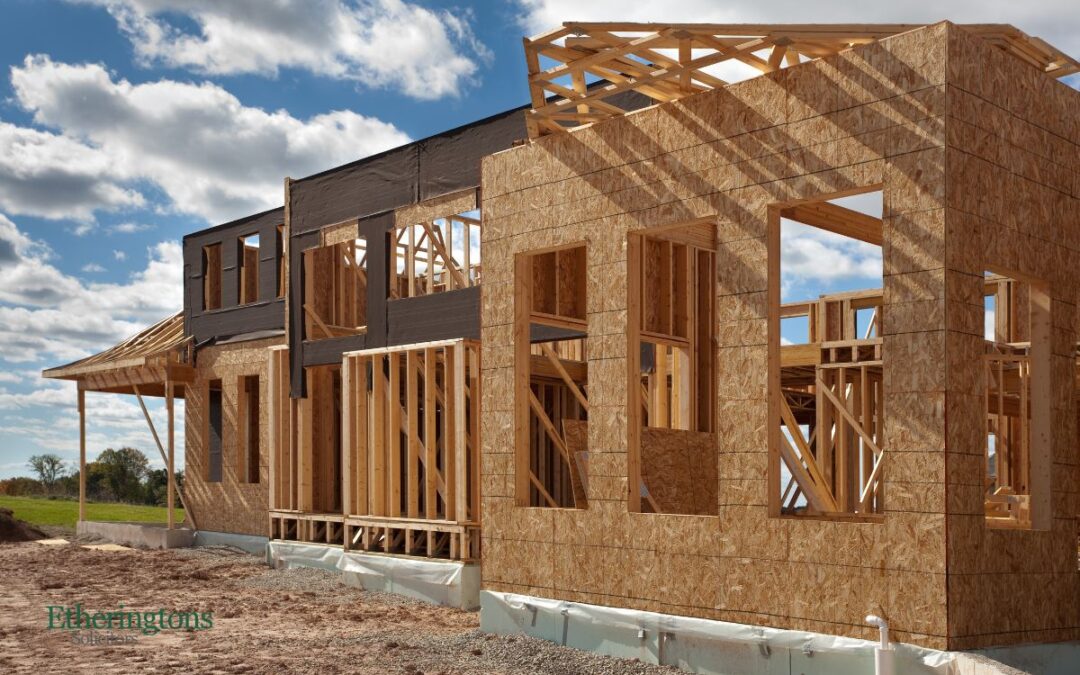Upon undertaking residential construction, ensuring adequacy and enforceability of the contract is paramount. By taking adequate care to review the residential construction contract provided by your builder/tradesperson, building disputes can be avoided throughout the construction and you can ensure your rights are being upheld.
All projects priced over $5000 and in some instance’s projects over $1000, must have a written contract. This may still apply if the project price is unknown, but can be estimated by using the reasonable market cost of labour and materials.
Type of Contract
The type of residential construction contract issued is dependent on the size of the project: small or large
Small Contracts:
Governed by s7AAA of the Home Building Act 1989 (the Act), small form contracts are issued for projects valued between $1000 – $20,000.
Strict requirements apply regarding what must be included. Importantly it must include, the party names, the contractor license number, the job description and specifications and the contract price.
Large Contracts:
Projects valued above $20,000 are governed by s7 of the Act. These contracts require all the components of a small contract, with additional provisions. These include, a payment schedule, and clauses outlining termination, cooling off periods, insurance and contract alterations, amongst others.
Cooling Off Period
All residential construction contracts allow for a five-business day cooling off period. This entitles the client/buyer to five days where they may withdraw from an agreed contract without consequence. This time period does not include weekends, public holidays or the 27th – 31st of December.
Additionally this period also applies to your right as the buyer to receive a copy of the signed contract within 5 business days of signing.
Licenses
Ensuring your builder/tradesperson is licensed is paramount. This may be checked via the ‘NSW Online License Check’.
Importantly, the license name must reflect who you are contracting with. If the license is the name of an individual it does not permit the company or partnership to make the contract (even if they are the director). For a company to make the contract, the company must have a license in its name.
If a builder suggests to you as the client, to obtain an owner-builder permit whilst they organise the building work for you, it may mean they do not hold the correct license, cannot get home warranty insurance or are avoiding responsibilities.
Warranties granted by Statute
As a buyer you are granted certain warranties in extension to your contract by the Act. For major defects they are active for six years, and two years for all other defects. These warranties cannot be taken away by your contract nor are inapplicable if not included. They take effect the date work is completed.
These warranties ensure that all work is performed diligently with due care and skill. Additionally, the completed works must be reasonably fit for its purpose and comply with the contracts plan and all relevant legislations.
Payments and Deposits
A deposit for some projects may be required, typically due to the large price of materials to be used. However, NSW law dictates the maximum chargeable is 10% of the overall price.
To ensure a more accurate quote, plan and select which appliances and fittings are to be used. By doing this the builder/tradesperson can more accurately understand the cost limiting the risk of extra payments. For items which cannot be priced exactly, the builder/tradesperson will include a price expected to cover the item. These are called Prime Cost items.
Varying the contract
Sometimes the builder/tradesperson will need to vary the contract either due to unforeseen circumstances or council requirements.
For variations to be made notice outlining a description of the works, the plans/specifications and the extra time and costs needed is to be provided. The extra costs must show calculations of the changes in price rather than a dollar amount. Upon each party agreeing to this variation, the notice should be signed and attached to the contract.
In the event this variation needs to occur due to a potential danger or damage to the property, the written notice may be done after the work is completed.
Variations may cost money, however if the need for the amendment is to rectify an issue caused by the builder/tradespersons error or fault, you are not required to pay.
Termination
Prior to terminating a contract ensure you have carefully considered all reasons, engaged in reasonable negotiations between parties and have obtained legal advice.
If you wish to terminate your building contract due to a breach by a party, please read our ‘Terminating a Building Contract for Breaching Due Diligence’ blog.
Insurance
Outlined in s92 of the Act, all contract work must be actively insured for that work and under the name of the person contracted. A certificate of insurance evidencing this must be supplied to the other parties of the contract.
All projects valued above $20,000, are required to have home building compensation cover. This coverage helps protect you in the event of building defects or non-completion. Since 1 July 2018, the cost for this cover must be disclosed by the builder in the contract and is based on the category of work, builder risk and location.
How can we help?
If you are entering into, altering, or terminating a residential construction contract it is important to obtain independent legal advice. Speak to one of our experienced solicitors today at Etheringtons Solicitors via 02 9963 9800 or our online contact form.
To download the template for a residential construction contract visit the NSW fair trading website.

